New Study Reveals Burden of Post-Sepsis Morbidity Higher Than Previously Thought – ESA Calls for Increased Focus On Post-Sepsis Syndrome
A recent cohort study published in JAMA Network Open based on data from 116 507 survivors of hospital-treated sepsis in Germany sheds light on the heavy burden of long-term effects of sepsis, the most severe complication of infections.
The study reveals that 3 out of 4 sepsis survivors had new medical, cognitive, or psychological diagnoses. Among those younger than 40, more than half are affected. The most common consequences are neuromusculoskeletal diagnosis, i.e. muscular weakness or paralysis followed by problems of the heart, lungs, and other organs. Cognitive disorders, commonly known as ‘brain fog’, lack of concentration, and memory loss are newly diagnosed in up to 20% of patients.
New diagnoses affect sepsis survivors irrespective of preexisting conditions, sepsis severity, and intensive care unit treatment, meaning that post-sepsis morbidity is also in patients who were previously healthy, have not suffered severe organ failure, and were not treated in the ICU. Direct costs for a three-year follow-up can be estimated at €6.8 billion ($7.7 billion) per year. This figure does not include the following indirect costs, like loss of employment by survivors, the need for nursing care, or the life-changing effects on family caregivers.
“These figures date from before COVID-19 and are already staggering. Post-sepsis morbidity is much more common than previously believed. If we add to this the burden that COVID-19 survivors will suffer, as many of them also underwent sepsis, we must expect a tsunami of long-term health problems for which we are not prepared.”, commented Dr. Christiane Hartog, co-author of the study and chair of the ESA Patients and Family Support Working Group.
A systematic review published last year revealed that 78% of COVID-19 patients in the ICU and 33% of COVID-19 patients in the hospital have sepsis, which is the most common cause of death [1]. “Because of the link between COVID-19 and sepsis”, continues Dr. Hartog, “ this study helps explain the scope of health issues linked to long-COVID and the magnitude of the problem that we are facing. People who survived severe infections such as COVID-19 urgently need continued professional care and support.”
The authors analyzed claims data from one of the largest German insurers, covering approximately one-fourth of hospitalized patients in Germany. Sepsis patients were identified by an internationally used coding system. Among survivors, those with pre-existing diseases or conditions were excluded. Further outcomes from the study show that 32% of survivors became dependent on permanent nursing care and 31% died in the following 12 months.
Aurica Pripa, the co-chair of the ESA Patients and Family Working Group, commented on the study: “Often, sepsis survivors and their families are left with no follow-up rehabilitation. For some, recovery can take many years, creating a huge and largely preventable burden on their families. This must be changed. We call for holistic treatment of post-sepsis sequelae in standardized sepsis management practices.”
A recent position paper by the ESA Patient and Family Support Working Group asks that the follow-up must be carried out routinely, at or after hospital discharge, must be multidisciplinary, as patients can be affected by multiple diagnoses after sepsis, and financially sustained by healthcare systems and insurers. The ESA calls for other organizations to support this call.
[1] Karakike, E., Giamarellos-Bourboulis, E. J., Kyprianou, M., Fleischmann-Struzek, C., Pletz, M. W., Netea, M. G., Reinhart, K., & Kyriazopoulou, E. (2021). Coronavirus Disease 2019 as Cause of Viral Sepsis: A Systematic Review and Meta-Analysis. Crit Care Med, 49(12), 2042-2057

